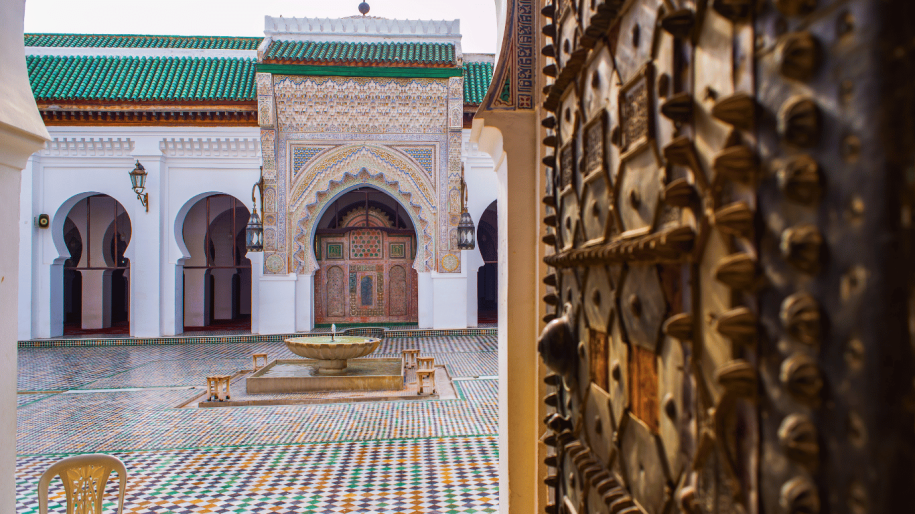Morocco, a country known for its rich culture and history, is deeply rooted in Islamic traditions. This North African country is predominantly Muslim, making Islam the central figure in its cultural and religious tapestry. But how exactly is the Islamic religion in Morocco? Let’s delve into the depths of this intriguing topic.
Table of Contents
1. The Historical Context of Islam Religion in Morocco
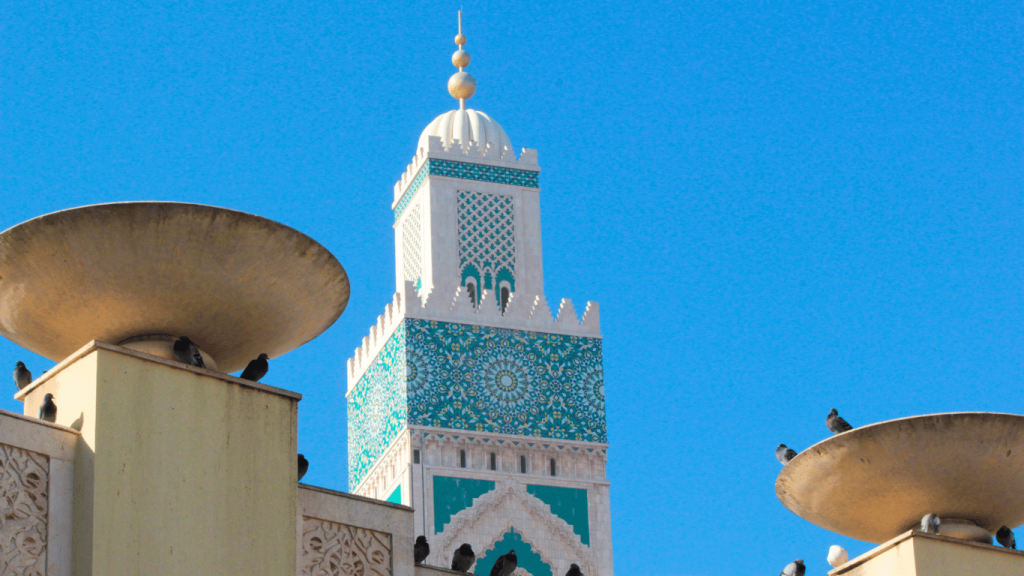
To fully understand the role of Islam in Moroccan society, it’s crucial to examine its historical context. Islam entered Morocco in the 7th century during the Umayyad Caliphate. This influential Islamic empire expanded rapidly, and with its spread, it carried the Islamic teachings and practices that would eventually become ingrained in Moroccan culture.
2. The Role of Islam in Moroccan Society
Today, approximately 99% of Moroccans identify as Muslims, highlighting the prominence of Islam in the country. This religion plays a pivotal role in everyday life, influencing societal norms, traditions, laws, and even the Moroccan constitution. Islam in Morocco isn’t just a faith; it’s an integral part of the national identity.
3. Islamic Practices in Morocco
In Morocco, Islamic practices are evident in every corner of the country. The adhan (call to prayer) echoes from minarets five times a day, guiding the faithful to the mosques. Fasting during the holy month of Ramadan is widely observed, and Eid celebrations mark significant moments in the Islamic calendar.
4. Islam and Moroccan Law
The Moroccan legal system is strongly influenced by Islamic law or Sharia. While not fully implementing Sharia, many principles of the law, particularly in personal status and family law matters such as marriage, divorce, and inheritance, are based on Islamic jurisprudence. This intertwining of religion and law exemplifies the influential role of Islam in Morocco.
5. The Influence of Islam on Moroccan Architecture
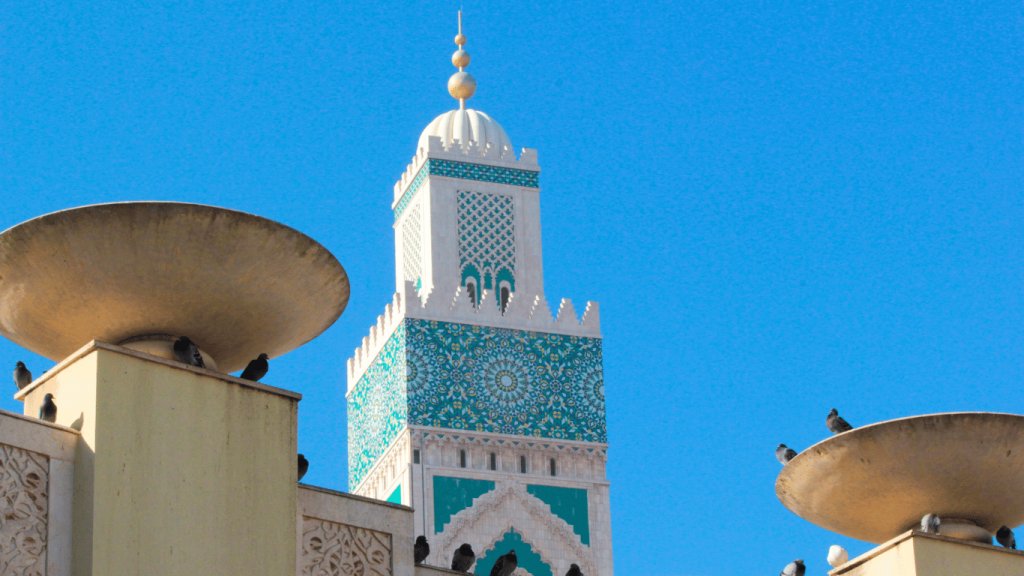
One of the most visible influences of Islam in Morocco is its impact on architecture. Mosques, madrasas (Islamic schools), and palaces showcase intricate Islamic art and architecture. The Koutoubia Mosque in Marrakech and the Hassan II Mosque in Casablanca are prominent examples, exhibiting the grandeur of Islamic architectural design.
6. Islamic Education in Morocco
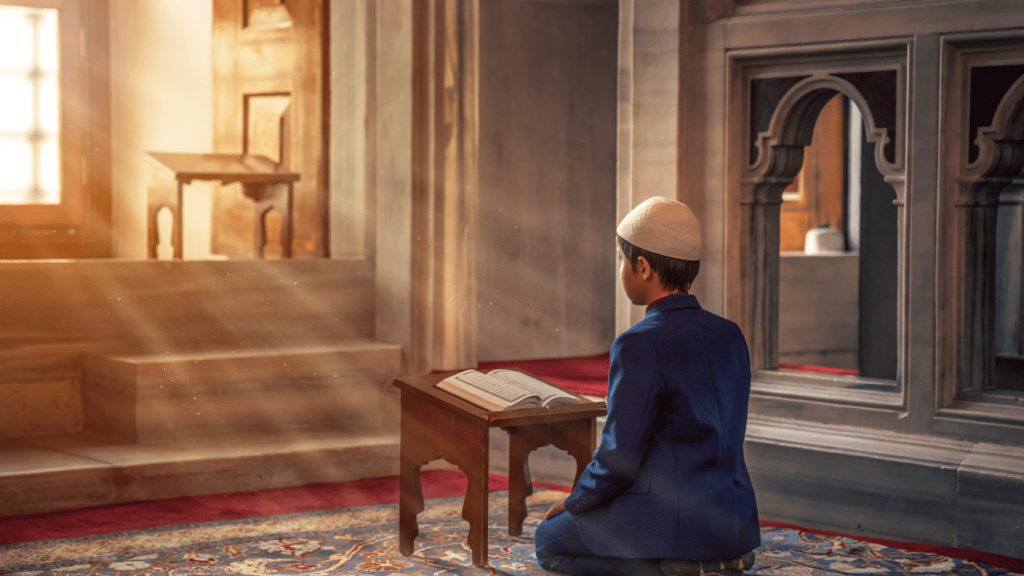
Islamic education plays a significant role in shaping Moroccan society. Traditional Quranic schools provide early religious instruction, while Islamic teachings are also integrated into the public education curriculum. This widespread Islamic education ensures the perpetuation of Islamic values and practices.
7. Sufism in Morocco
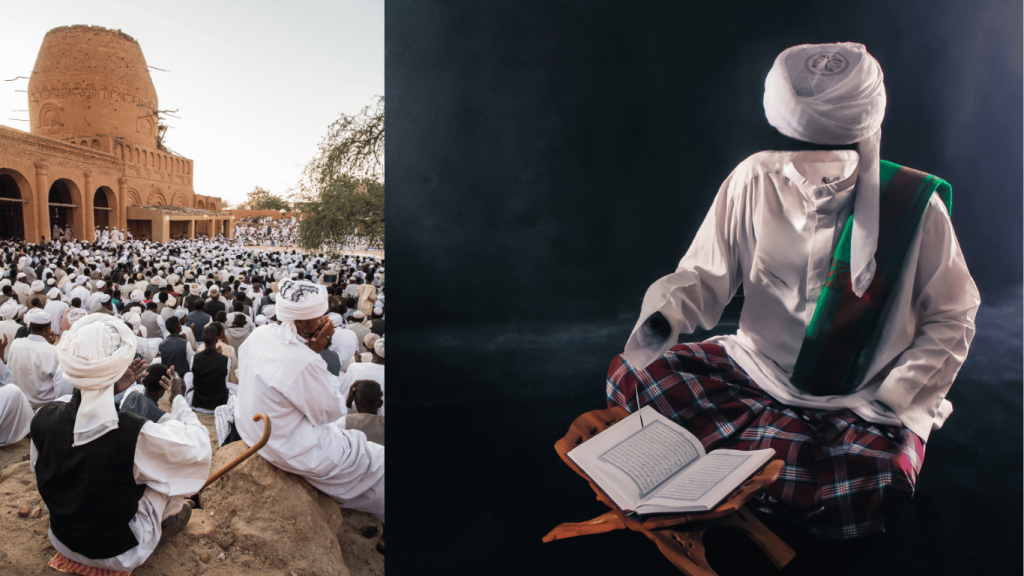
Sufism, a mystical branch of Islam, holds a special place in Moroccan religious life. Sufi brotherhoods have been instrumental in spreading Islam throughout the country and continue to be revered, offering spiritual guidance and maintaining religious traditions.
8. Islam and Moroccan Cuisine
Even Moroccan cuisine bears the imprint of Islam. Despite its overwhelming Muslim population, Morocco earns renowned for its religious tolerance. The tradition of communal meals during Ramadan, breaking the fast with dates and milk, and feasting on special dishes like Harira soup all reflect the profound influence of Islam on Moroccan food culture.
9. The Challenges of Modernity and Tradition
Modern Morocco is continually balancing the pull of modernity and the call of tradition. While Islam continues to be the bedrock of Moroccan society, the country is also experiencing a surge in contemporary interpretations of the faith, especially among younger generations.
10. The Impact of Islam on Moroccan Culture and Identity
In essence, Islam religion in Morocco is not merely a religion—it’s a way of life. From laws and language to arts and architecture, the influence of Islam permeates every facet of Moroccan life. This faith significantly shapes the Moroccan cultural landscape, and its tenets resonate with the values of unity, peace, and respect that underpin Moroccan identity.
11. Islam and Women in Morocco
An interesting facet of Moroccan society is the evolving role of women in Islam. While traditional roles are still prominent, women are increasingly active in religious, political, and societal realms, challenging traditional norms while maintaining their Islamic identity.
12. Role of the Moroccan King as “Commander of the Faithful”
Unique to Morocco is the role of its King as the “Commander of the Faithful” (Amir al-Mu’minin), a title symbolizing his religious authority alongside his political power. His role includes ensuring respect for Islamic values in society and promoting religious unity in the country.
13. Tolerance and Interfaith Dialogue in Morocco
Despite being overwhelmingly Muslim, Morocco is renowned for its religious tolerance. The Moroccan brand of Islam fosters a culture of acceptance and encourages interfaith dialogue. This commitment to peace and tolerance is deeply rooted in its interpretation of Islam.
14. Moroccan Islam in the Global Context
In the global context, Moroccan Islam stands as a symbol of moderation and openness. As the world grapples with questions of religious extremism, Morocco’s experience provides a valuable perspective on maintaining a balanced, moderate interpretation of Islam.
15. The Future of Islam in Morocco
Looking towards the future, Morocco continues to maintain a balance between preserving its Islamic heritage and embracing the challenges of modernity. As young Moroccans navigate their identities in an increasingly globalized world, Islam will undoubtedly continue to be a guiding force.
Conclusion
In conclusion, the Islamic religion in Morocco works not just as a system of belief but as a cornerstone of Moroccan culture, identity, and way of life. From the echoing call to prayer and the profound Islamic laws to the beautifully crafted architecture and flavorful cuisine, the imprint of Islam is ubiquitous.
As we have seen, this faith shapes every aspect of Moroccan life, from the personal to the societal, from the historical to the contemporary. While Morocco continues to evolve, the roots of Islam remain deep, providing a stable foundation on which the country thrives. Understanding how Islam works in Morocco is not just about comprehending religious practices; it’s about appreciating the rich tapestry of Moroccan life and culture.

